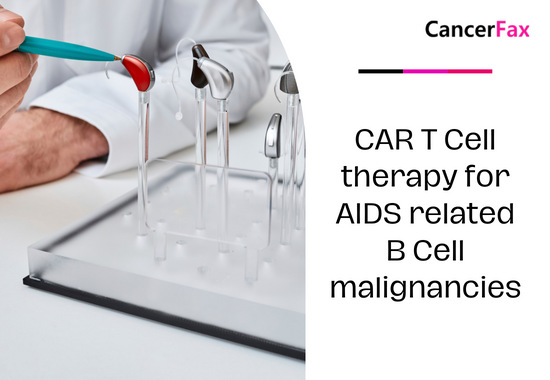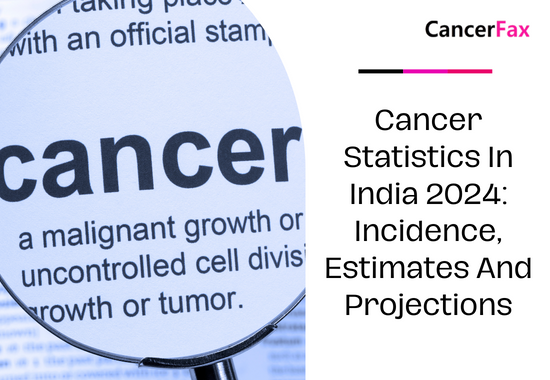In recent years, the incidence of gynecological tumors has increased year by year, making the terms cervical cancer and ovarian cancer no longer unfamiliar to us. Cervical cancer is the most common gynecological malignant tumor. In addition, it is also the three major gynecological malignant tumors along with ovarian cancer and endometrial cancer. Gynecological tumors are harmful to women. Early detection and early diagnosis can often help treatment and improve the survival time of patients.
The rapid progress of targeted therapy and immunotherapy has greatly improved the condition of gynecological cancer patients. The editor will take a look at the approved gynecological tumor targeted therapy drugs and immunotherapy drugs for you.
Gynecologic cancer targeted therapy
Ovarian cancer targeted therapy
① Bevacizumab
②PARP inhibitor
Olaparib (Olapani, Lynparza), rucaparib (Rucapa, Rubraca) and niraparib (Nilapani, Zejula)
Cervical cancer targeted therapy drugs
Bevacizumab (Bevacizumab, Avastin)
Endometrial cancer targeted therapy
Use hormones or hormone blocking drugs to fight cancer. Treatment drugs include:
Ø Progesterone: medroxyprogesterone acetate and megestrol acetate
Ø Tamoxifen
Ø Luteinizing hormone-releasing hormone agonists: Goserelin (Norred®) and Leuprolide (Leuprolide®). These drugs are injected every 1-3 months
Ø Aromatase inhibitors: letrozole (Fronon®), anastrozole (Reninide®), exemestane (Anoxin®)
Uterine sarcoma targeted therapy
Ø Panzopinab (Votrient) is a targeted therapy that can be used to treat leiomyosarcoma that has spread or relapsed after treatment.
Ø Olaratumab (Lartruvo) combined with the chemotherapy drug doxorubicin to treat soft tissue sarcoma. It can be used to treat uterine sarcoma that does not respond to other treatments.
Gynecological tumor immunotherapy
Immunotherapy is a relatively new concept, not widely used like surgery, chemotherapy and radiotherapy. However, it has made great progress in improving the survival of patients with advanced lung cancer, melanoma, kidney cancer, Hodgkin’s lymphoma and so on. Only one drug is approved for gynecological tumor immunotherapy! But for two different situations, the star drug is pembrolizumab (Pembrolizumab, Keytruda).
Pembrolizumab (Keytruda) targets PD-1, which is a protein on T cells and usually helps prevent these cells from attacking other cells in the body. By blocking PD-1, these drugs can enhance the immune response to cancer cells, causing some tumors to shrink or slow their growth.
MSI-H Gynecologic Oncology
On May 24, 2017, the US FDA approved the PD-1 inhibitor pembrolizumab (Pembrolizumab, Keytruda) to treat solid tumor patients with microsatellite highly unstable (MSI-H) / mismatch repair defects (dMMR) The tumor types cover 15 different malignant tumors including liver cancer, colorectal cancer, lung cancer and cervical cancer, including various gynecological tumors. (Note: If MSI-H is detected, it does not matter whether it is early or late, you can benefit)
PD-L1 positive cervical cancer
In June this year, the US FDA accelerated the approval of pembrolizumab (Keytruda) for the treatment of advanced PD-L1-positive cervical cancer patients whose disease progressed during or after chemotherapy. The approval defines PD-L1 positive as cervical cancer with a combined positive score (CPS) ≥1 that passed the FDA approved test results. It is worth mentioning that, as of now, Keytruda is also the first and only approved anti-PD-1 therapy for advanced cervical cancer.
The immunotherapy drug is given every 3 weeks and given by intravenous (IV) infusion. It is currently listed in China and enters the medical insurance. Domestic patients can go to the local hospital for consultation, or call the Global Oncologist Network (400-626-9916) for detailed information on cervical cancer pembrolizumab treatment.
The approval was based on data from 98 patients with relapsed or metastatic cervical cancer in the Phase II KEYNOTE-158 trial. This global, open, non-random, multiple, and multicenter study evaluated pembrolizumab in the treatment of patients with multiple types of advanced solid tumors, and these patients have made progress on standard treatment protocols.
The median follow-up time was 11.7 months (range 0.6-22.7). The total effective rate (ORR) of 77 PD-L1 positive patients (CPS ≥ 1) was 14.3%. These patients were all patients with metastatic disease who received ≥ 1 line of chemotherapy . The ORR has a complete response rate of 2.6% and a partial response rate of 11.7%. The median response duration was not reached (range 4.1 months to 18.6 + months), and 91% of the respondents had a response duration of 6 months or longer.
For patients with PD-L1 expression CPS <1, no response was reported.
“Even though there have been many advances in gynecological cancer, previously treated patients with advanced cervical cancer still lack new treatment options,” said Bradley Monk, an Arizona oncologist, medical director of the American Gynecology Research oncology Program and professor of obstetrics and gynecology. In a statement,
“Keytruda’s approval in this indication is important news-as an oncologist, it is exciting to see a very needed choice for these patients,” Monk added.
The histological classification of 77 patients with treatment response were: 92% squamous cell carcinoma, 6% adenocarcinoma, and 1% adenosquamous carcinoma. 95% of patients have metastases, and 20% are relapsed. The PD-L1 IHC 22C3 pharmDx kit was used to determine the PD-L1 status.
Patients received 200 mg pembrolizumab every 3 weeks until 24 months or withdrew from the treatment spontaneously, or radiological confirmation of disease progression, or unacceptable toxicity or based on the investigator’s decision. Clinically stable patients with radiological progression can continue treatment until progress is confirmed by subsequent imaging. Tumor progress was evaluated every 9 weeks in the first year, and every 12 weeks thereafter.
The most common (≥10% of patients) reported adverse events (AEs) at all levels included fatigue (43%), pain (22%), fever (19%), peripheral edema (15%), and musculoskeletal pain (27 %)), Diarrhea / colitis (23%), abdominal pain (22%), nausea (19%), vomiting (19%), constipation (14%), decreased appetite (21%), bleeding (19%), UTI (18%), infection (16%), rash (17%), hypothyroidism (11%), headache (11%) and dyspnea (10%).
The most common grade 3/4 AEs include UTI (6%), bleeding (5%), musculoskeletal pain (5%), fatigue (5%), infection (4.1%), abdominal pain (3.1%), pain (2 )%), Peripheral edema (2%), rash (2%), headache (2%), diarrhea / colitis (2%), vomiting (1%), dyspnea (1%) and fever (1%) ).
Discontinuation of treatment related to AE occurred in 8% of patients. Severe AEs occurred in 39% of patients, the most common being anemia (7%), fistula (4.1%), bleeding (4.1%), and infection (except UTI; 4.1%).
The approval of gynecological tumor immunotherapy will undoubtedly add one life-saving straw, one more treatment option, and one more hope for survival for patients who are resistant to chemotherapy, hormone therapy, and targeted therapy. From the above, we see that gynecological tumor immunotherapy is not suitable for all patients. Before treatment, two tumor markers must be tested: one is MSI and the other is PD-L1. Patients who meet the standards are more suitable.
Although pembrolizumab is already marketed in China, some patients may feel that the price of this drug is relatively expensive. If you want to save the cost of genetic testing, blindly test pembrolizumab. This method is also not bad, but it is usually If this is not recommended, pembrolizumab treatment itself will cause some side effects and may have some negative effects on the patient’s treatment.
If the benefit cannot be guaranteed, it may be outweighed and affect the condition.
For cancer friends whose survival period is not optimistic, the doctor ’s estimate may be less than 6 months, and the economic conditions are not good. In this case, if you take half a month to wait for an uncertain result, it seems too risky, so It is better to conduct a blind test directly, use the money on the blade, and select the most probable one to try, commonly known as “Chuangyun”.
Of course, the blind test also has its own shortcomings. Before there is no genetic test, the medication basically depends on “guessing”, and the effect is basically relying on “praying”.

